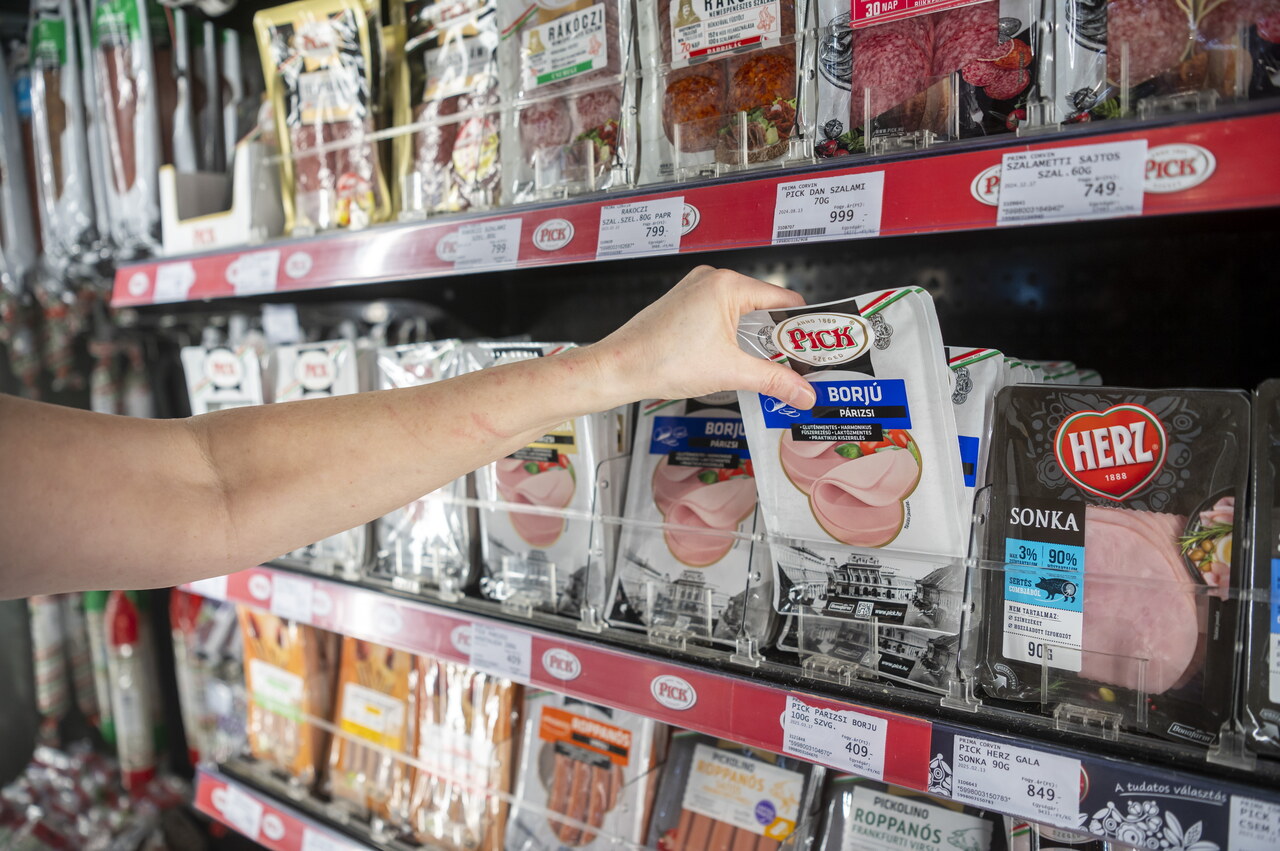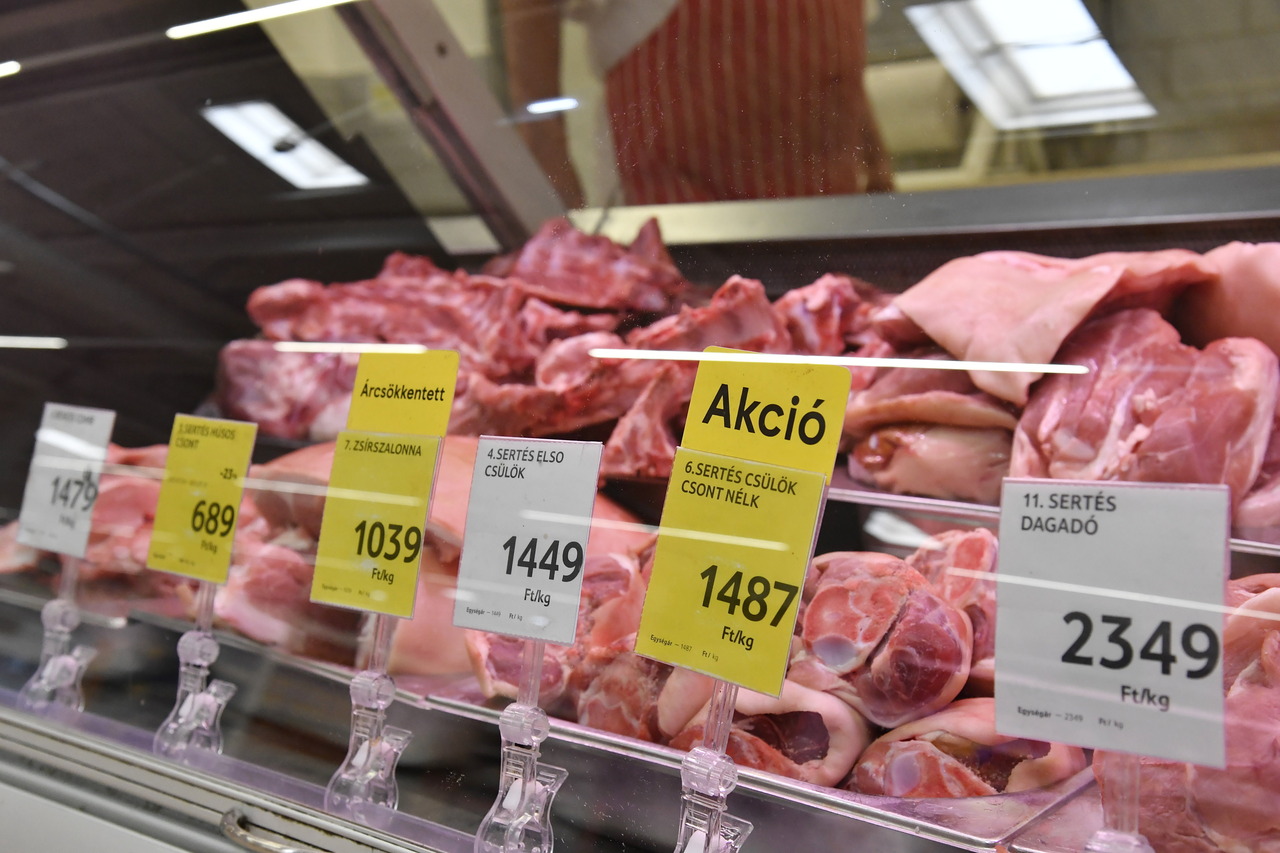Purchase limits, rising prices: downsides to the price margin caps in Hungary

On 17 March, the Hungarian government introduced a price margin cap on thirty essential food items, aiming to curb rising inflation by limiting profit margins to 10% until 31 May. While the government hails this measure as a success, citing significant price drops for many goods, there are underlying issues that suggest the policy may not be as effective as claimed.
Price fluctuations and limitations
The initial data shows mixed results. According to Blikk, some products, like tehéntúró (curd cheese) and étolaj (cooking oil), saw substantial price reductions of up to 23%. However, not all items followed this trend. For instance, csirkecomb (chicken thighs) prices increased by 5%, and sertészsír (lard) rose by 17%. This inconsistency highlights that the policy’s impact varies widely across different products.

Moreover, the Országos Kereskedelmi Szövetség (National Trade Association) suggests that the price cap will only be effective if all stakeholders in the supply chain share the burdens equally. This raises concerns about potential shortages or stockpiling if retailers and suppliers feel unfairly penalised.
Emerging store restrictions upon introduction of price margin caps
As a response to the price cap margin, several retail chains in Hungary have started implementing purchase limits on the affected products. This development, as reported by Portfolio, aims to ensure that all customers can access these essential items while preventing stockpiling and potential shortages. For instance, Spar has introduced specific quantity limits: customers can buy up to 3 kilograms of measurable products and 10 units of other items. For larger packaging sizes (over 1 litre or 1 kilogram), the limit is set at 10 litres or 10 kilograms per purchase.
Tesco has also introduced quantity restrictions, allowing customers to buy only one carton of milk and four units of other dairy products per purchase. These measures indicate that retailers are taking proactive steps to manage demand and maintain supply levels, but they may also lead to consumer frustration if shoppers are unable to purchase their desired quantities.

Moreover, Lidl has taken a more stringent approach by completely restricting the sale of price-capped products to customers requesting an invoice for business purposes. This suggests that some retailers are prioritising individual consumers over commercial buyers to ensure fair access to these essential goods.
Long-term sustainability
The short-term price reductions might provide temporary relief for consumers, but the long-term sustainability of the price margin cap policy is questionable. By artificially capping profit margins, the government risks disrupting market dynamics, which could lead to unintended consequences such as reduced investment in the sector or decreased product availability.
Read also:







